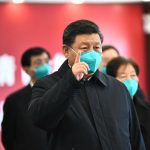INTERVIEWS
Date: 7 April 2020
Geopolitics Unmasked: The curse of interesting times
The Chinese phrase May you live in interesting times is not a proverb, but rather a curse. In the United States of America, the new epicentre of COVID-19, even the Great Depression Era may ultimately pale in comparison with the new pandemic aftermath. Daniel Pogorzelski, a published author and contributor to the Warsaw Institute Review from Chicago, analyses how this will affect the upcoming presidential elections, the ideological divide between the Republican and Democratic Parties, and future relations with China, holding 95 percent of the US antibiotics market.
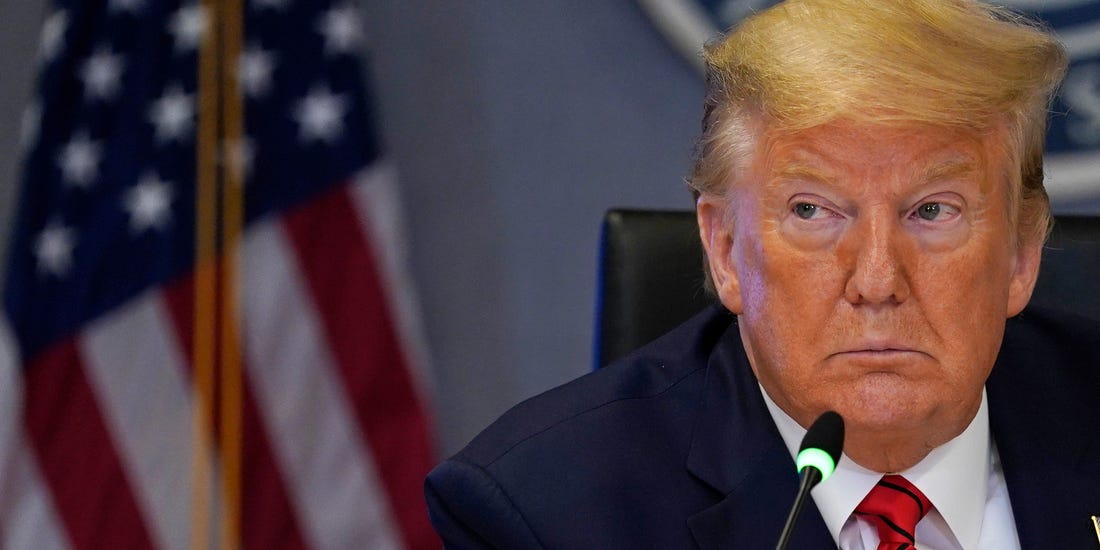
This article was originally published in The Warsaw Institute Review on 07.04.2020.
Małgorzata Cichal, The Warsaw Institute Review:
According to a recently released report from the COVID-19 Response Team at Imperial College, the demand for Intensive Care Unit (ICU) beds might exceed maximum capacity 30 times over in both the UK and the US. This same study estimates that COVID-19 could kill up to 2.2 million people in just the United States. How has this new reality affected Americans over the past two weeks?
Daniel Pogorzelski:
When a bubble bursts, it can be hard to recognize that something has come to an end.
For a century, thanks to advances in medicine and our good fortune, we have defied human history. Plagues which regularly robbed our ancestors of those they held dear were not a reality to us, they were an abstraction. In the minds of Americans, epidemics existed only in remote geographies or the distant past. That is no longer the case.
The palpable sense of uncertainty is compounded by the vague knowledge of the horrors that this type of disease wrought generations ago. The city I live in, Chicago, literally reversed the flow of the Chicago River in a bid to stop local outbreaks of cholera and typhus. We thought we were protected from this curse. It turns out that we were wrong.
The United States appears to be the new epicenter of COVID-19, and experts predict that the situation will likely to get worse. Right now it takes 3 days for as many Americans to lose their life to COVID-19 as died in the terrorist attacks on 9-11. How successful will we be at flattening the curve? There are a lot of factors at work here, making it hard to predict how things will finally play out.
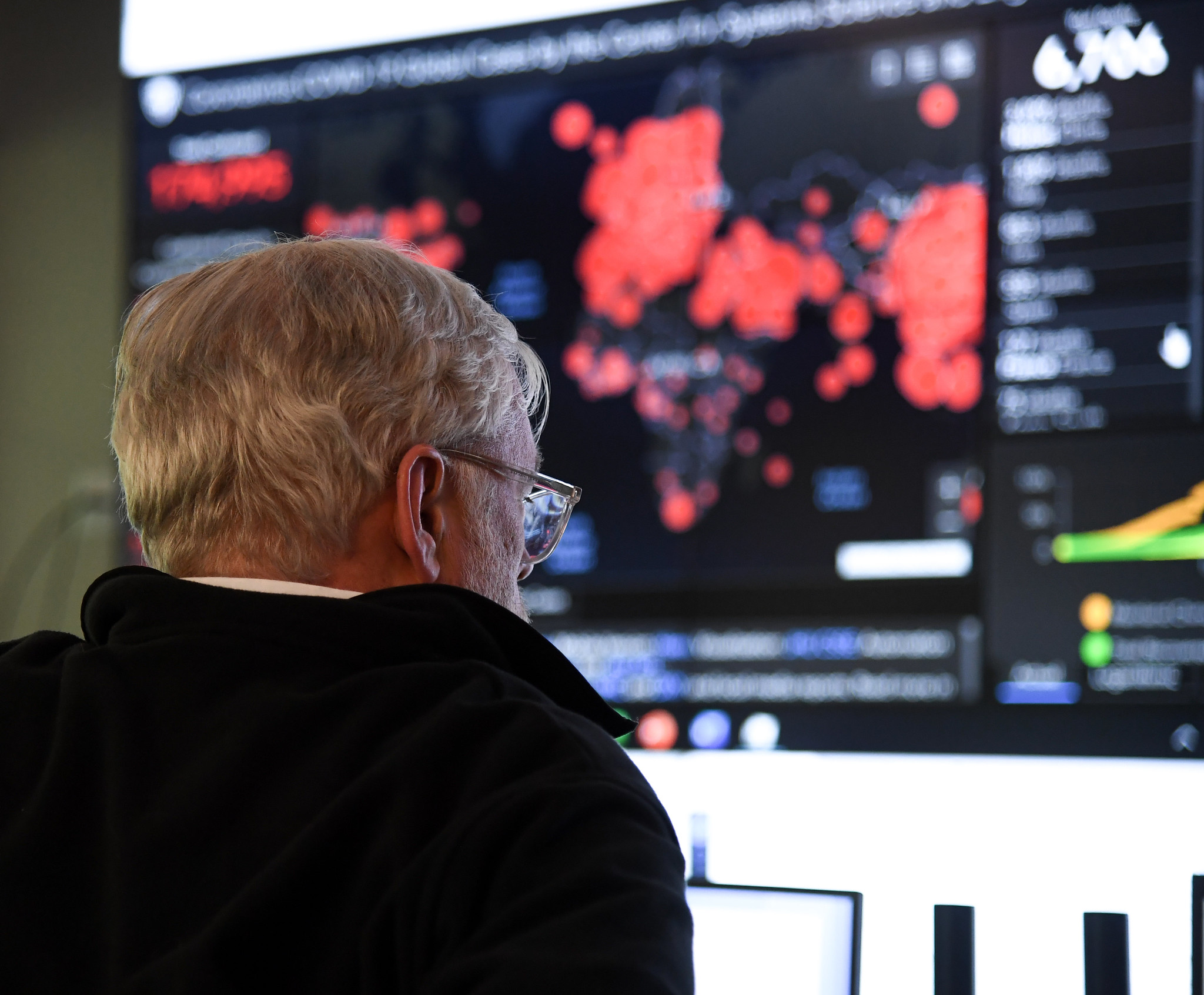
California imposed a lockdown on its 40 million residents on March 19th. Illinois and New York quickly followed suit. While 42 states in the US have issued stay-at-home orders right now, governors in 8 states are still holding out. How do the states differ in their handling of the outbreak, and what effects are we seeing in state government?
The situation in every state is dire, and it can easily become disastrous. Take a look at Illinois. On a single day, April 3rd, the Illinois Department of Public Health (IDPH) announced 1,209 new cases of COVID-19 with 53 additional deaths in our state. As of this writing, IDPH is reporting a total of 8,904 infections in 64 of the 102 counties in Illinois. This includes the 210 Illinoisans known to have died of COVID-19 thus far.
Factoring in the exponential growth accompanying this virus, the situation can easily spin out of control. 69.7% of ICU beds and 56% of all other beds in our hospitals are currently occupied in Illinois. If the infection rate increases dramatically before we scale up our ability to care for the sick, people will die because the overwhelmed health system will lack the capacity to treat them.
To his credit, Illinois Governor JB Pritzker’s administration is mounting an effective response. The governor is communicating with Illinoisans on a daily basis with press conferences on COVID 19. His relationship with the Illinois House and Senate is a dramatic improvement on the toxic environment which characterized the turbulent administration of his predecessor. Thus far, the Illinois governor has been successful in steering the state bureaucracy through what are incredibly challenging circumstances. This approach has worked well for the governor in the “Land of Lincoln.” Surreal headlines gin up the drama, as was the case when the Illinois assistant comptroller darted across the Interstate with a $3.4 million check towards a McDonald’s parking lot. Once there, the assistant comptroller met a third party who quickly transferred this multi-million dollar check to a Chinese supplier who otherwise was going to sell their goods to a different buyer. This sounds sounds like a shady narcotics transaction, not a deal to secure 1.5 million N95 respirator masks for Illinoisans. It may be sensational, but the state’s residents, by and large, seem to approve of their elected leaders adopting no-holds-barred handling of the current crisis.
JB Pritzker is only one of fifty governors across the country. State government in the US is often touted as a “laboratory of democracy” because of the wide latitude each state enjoys under our constitution to chart their own independent course. From the initial polling we see, it appears that those governors who have taken an aggressive approach w/ securing supplies, issuing stay-at home-orders, and implemented a strong communication link with their constituents have been rewarded with a sizable jump in their approval ratings. It is a trend strong enough to overcome a partisan bias in states where the incumbent governor represents a state dominated by the opposing political party. Meanwhile, the governors who have chosen a wait-and-see approach have seen their standing in the polls begin to slide in the other direction.
How will this affect campaigning and the voting process during the 2020 election cycle?
We are in uncharted waters. Reflecting on the legacy of our decentralized democracy, there are profound differences in electoral politics both between and within each of our 50 states. A presidential campaign is a byzantine undertaking, something which is plain to see when you try to explain the Iowa Caucuses to folks from outside the US as they stare back with puzzled looks on their faces.
One common attribute across much of the country is the deeply held conviction that those seeking political office are obligated to come out to the people. “Knocking on doors”, which involves political candidates and their supporters going door to door for months on end throughout an entire district is a staple of American democracy. There is a strong view that these “field operations” are a revered responsibility of elected officials to keep in touch with their constituents. After Barack Obama’s top-notch use of field during the 2008 and 2012 elections, political parties in other countries noticed and began to implement these techniques in their own campaigns. How can this tradition continue during a pandemic which spreads through personal contact?
In short, we’ve come to a standstill. The campaign workers are at home. Whereas most countries in Europe have some form of “Election Silence” on Election Day, in the United States we engage in an intense mobilization effort to get supporters out to the polls. Known as a “Get Out the Vote” (GOTV) operation, they are run in a manner reminiscent of military exercises when executed correctly. How will the many campaigns for candidates on the ballot in November accurately identify backers and measure their support across the United States without the field work they have always relied on?
Regarding how the elections will be conducted, there is a robust tradition of providing absentee ballots and voting by mail already in place in several states. In 2012, First Lady Michelle Obama voted for her husband by mail, something which she proudly shared on her Twitter feed. A solid number of US political pundits are already predicting that we may see the complete elimination of in-person voting throughout the United States, which would be a revolutionary change. This is already the law in Colorado, Hawaii, Oregon, Washington and Utah. Elections in these five states which currently conducted entirely by mail.
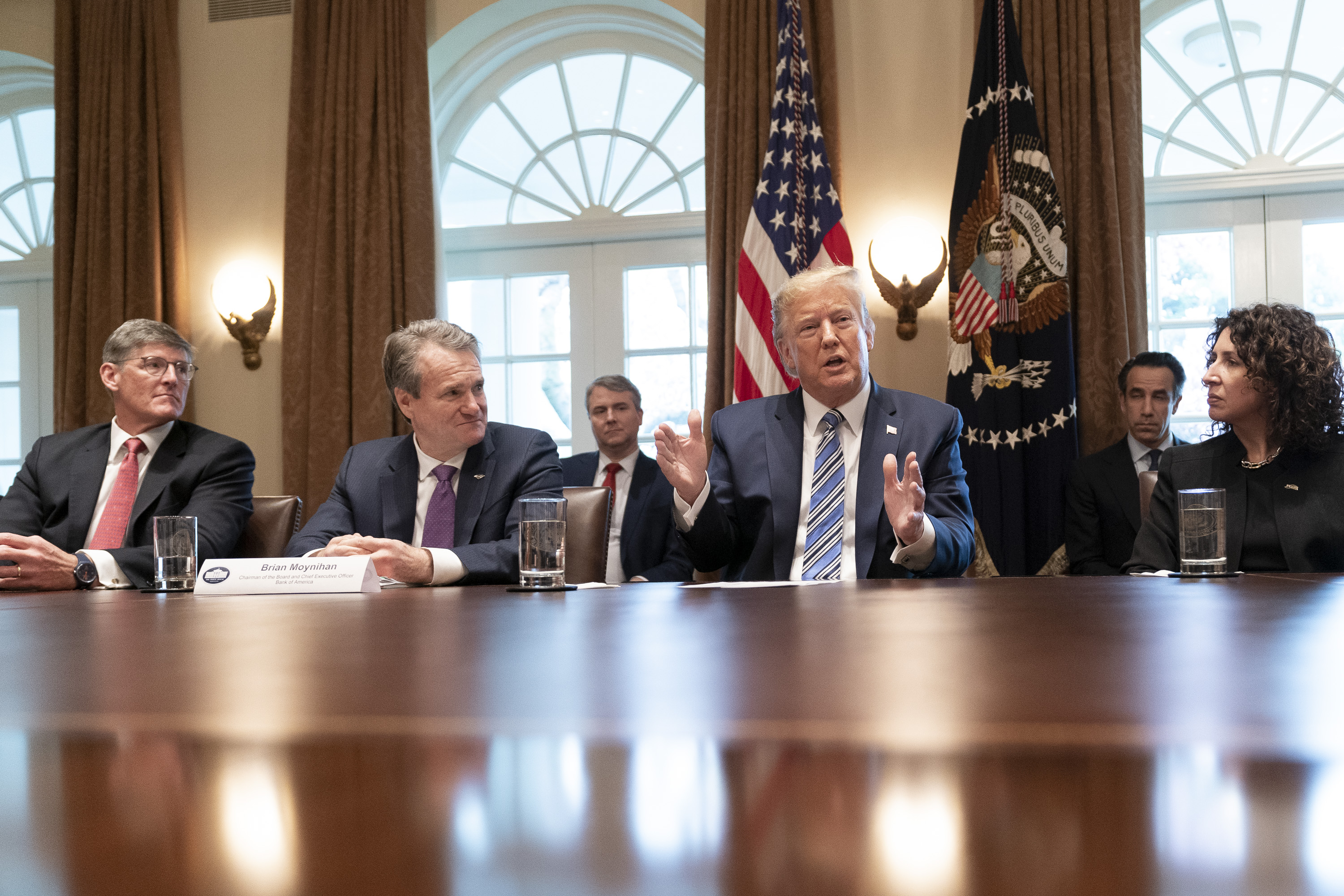
Is it fair to say that we are currently witnessing a shift in the minds of voters as the handling of COVID-19, and the looming economic downturn come to the forefront in the upcoming presidential elections? Will the impeachment of President Trump still play a role in Congressional and Senate races this November?
It certainly looks that way. I see a clear parallel to the 2008 presidential race. The Iraq War dominated at the outset of the primary that year, and the issue helped Obama gain an edge over Hillary Clinton. Unlike Senator Obama, Senator Clinton had voted to authorize the invasion of Iraq, and it likely cost her the nomination. However as the financial system began to tank while the subprime mortgage crisis unfolded, the economy became the paramount issue driving the electorate.
If this holds, it is a turn of events which will benefit those incumbents whose districts or states had a majority of voters support the presidential candidate of the opposite party in the 2016 presidential election. A number of Democrats in 2017 and 2018 won races in areas that Donald Trump had carried previously. This gives these current office holders the opportunity to distance themselves from a vote cast in favor of impeachment which is likely to be unpopular with their constituents.
The decline in annual output growth in the United States during the 2008 Great Recession was only 4.5 percent. Most analysts agree that we are about to witness an economic crisis that might very well dwarf it. Would a comparison to the 1929 Great Depression be more appropriate?
Even the Great Depression may ultimately pale in comparison to the economic pain we may ultimately endure in the United States. 6.6 million Americans filed for unemployment in a single week. Not only is this number unprecedented, it is overwhelming the entire system in many states. The inability to cope with demand is even worse in Florida, where former Governor Rick Scott oversaw a reform of that state’s unemployment system designed to make it exceptionally difficult to collect benefits. By paying out less money, Florida in turn could lower the rate charged to firms for unemployment insurance. The result is that while 227,000 Floridians filed for jobless benefits during the last week of March, the number of people unsuccessfully applying for unemployment in Florida at the same time was about 42 times that. The situation has gotten so bad that the state has resorted to shutting down their website overnight in the hopes that this could help their agency catch up.
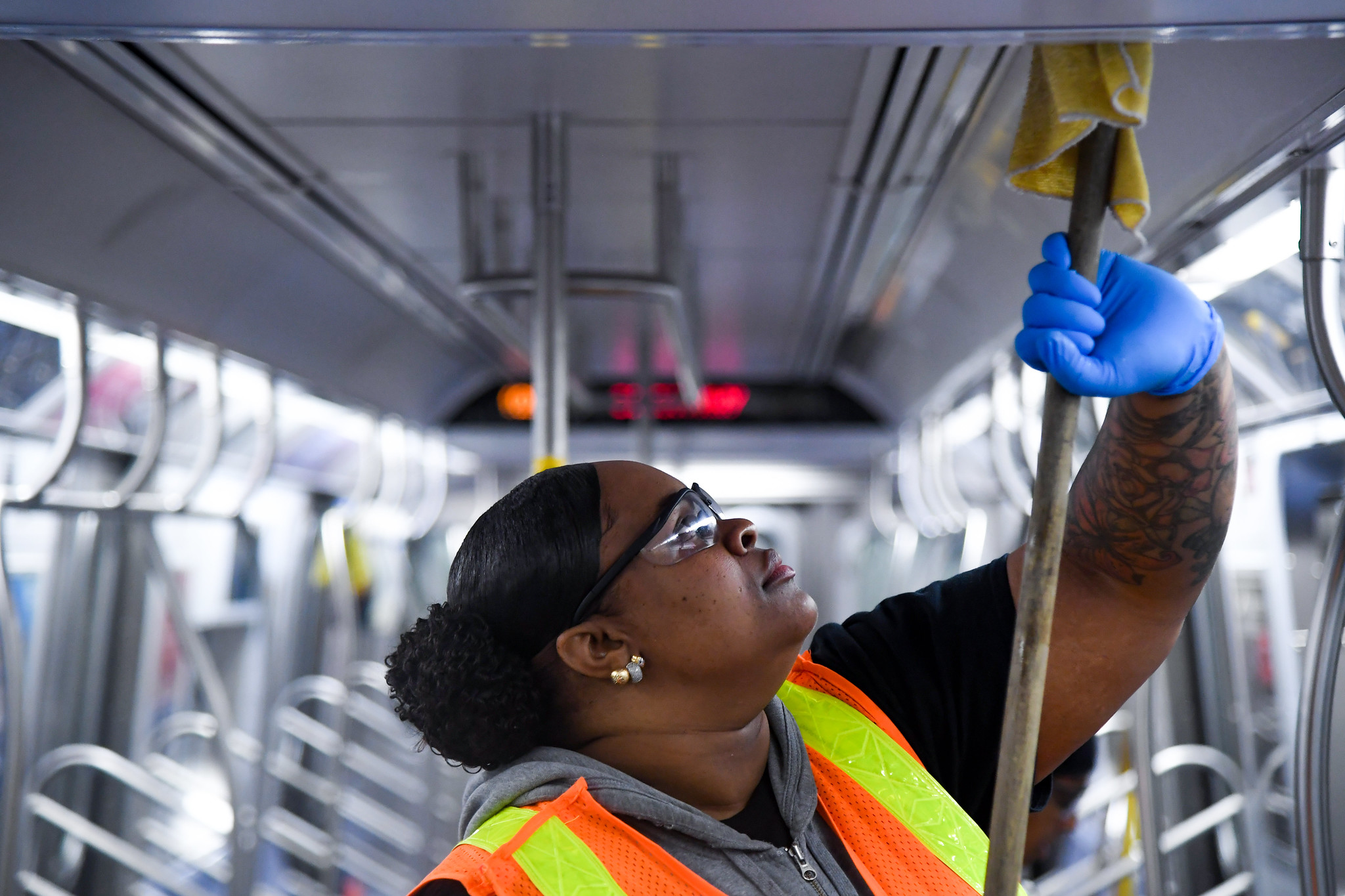
During the Cold War era, scientists in the former Soviet Union and the United States jointly developed and improved a polio vaccine. Could the COVID-19 outbreak still offer a perfect opportunity for China and the United States to rise above their differences and tackle a common threat together?
“There are no permanent enemies, and no permanent friends, only permanent interests.” Google that well-worn adage, and you will see some form of it being attributed to a wide array of shrewd tacticians such as Charles De Gaulle, Henry Kissinger, or William Clay. A leader who cannot deliver in a time of crisis is a politician in grave danger of having their career come to a quick end. This dynamic should pressure officials to set aside grudges and cease divisive rhetoric to achieve common goals. Sometimes leaders do rise to the occasion, but all too often pettiness and deceit prove to be a gap which cannot be bridged.
While the trade imbalance between China and the United States has garnered a lot of attention, American dependence on medicines produced in China is often overlooked. For example, China’s share of the US antibiotics market is more than 95 percent, with most of the ingredients necessary for production unavailable stateside. The current shortage of essential lifesaving drugs in US hospitals has had a visible impact on the coronavirus outbreak. Will this disruption change this dynamic?
After years of inaction, there is a growing chorus of voices calling to change the status quo. Rosemary Gibson’s book from 2018 “China Rx: Exposing the Risks of America’s Dependence on China for Medicine” has enjoyed renewed interest. So there is a lot of reason to anticipate a different direction for the future. But it would be naive to underestimate the forces at work to keep things mostly as they are. We have yet to see whether there is any lasting impact from the current push to bring back the manufacturing of pharmaceuticals to the United States. There is a good case to be made for why medicine ought to be treated as a strategic asset by policy makers in the US.
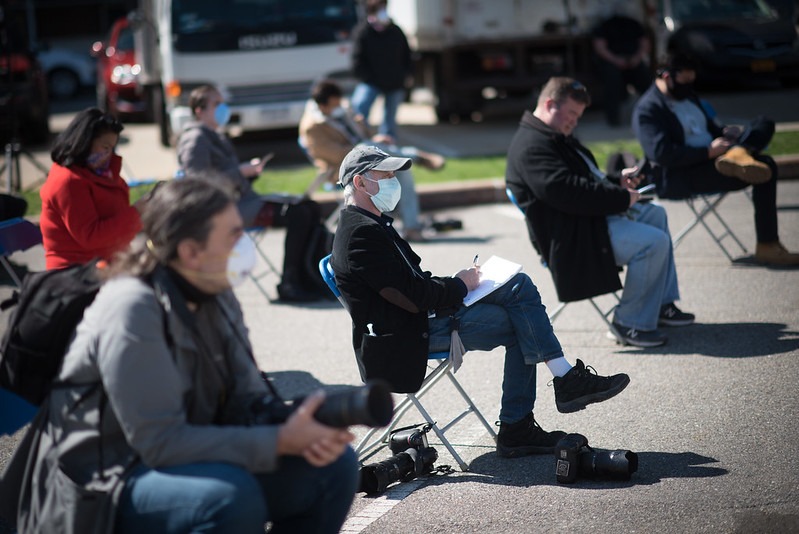
How do you see COVID-19 influencing the wide-ranging views in the US on the different approach in Europe regarding healthcare, social policy, and so on?
Who would have expected President Trump to go to the left of Barack Obama and implement the largest US experiment in single payer health care? While it is hard to refute President Trump’s zeal in upending the legacy of his predecessor, this abrupt shift is the direct result of the economic peril caused by COVID-19. It is a reminder of how foolish it is to view the current ideological divide between the Republican and Democratic Parties over the size of government as something permanent in the political landscape of the United States. While the principle of 2 parties is fixed, their ideologies have shifted over time, with scholars arguing over how many different systems the US has gone through.
The Great Depression, which you brought up earlier in this interview, is worth circling back to here. While Herbert Hoover is greatly appreciated in Poland because of his outsize role in bringing economic relief to the Poles, in the United States, his presidency is seen as a failure. Hoover’s refusal to try a new approach and doubling down on the policies which failed to revive the US economy sealed his fate. His successor, Franklin Roosevelt did not come into office seeking to implement the radical agenda he eventually put forth in the New Deal. The patrician Roosevelt was no revolutionary; he became a “traitor to his class” only after exhausting his other options to put Americans back to work.
Daniel Pogorzelski is a published author and contributor to the Warsaw Institute Review. He regularly appears as a political analyst with Cook County Democratic Party Executive Director Jacob Kaplan as one of the “Political-Know-It-Alls” on The Ben Joravsky Show.
Interview by Małgorzata Cichal – The Warsaw Institute Review
All texts published by the Warsaw Institute Foundation may be disseminated on the condition that their origin is credited. Images may not be used without permission.


